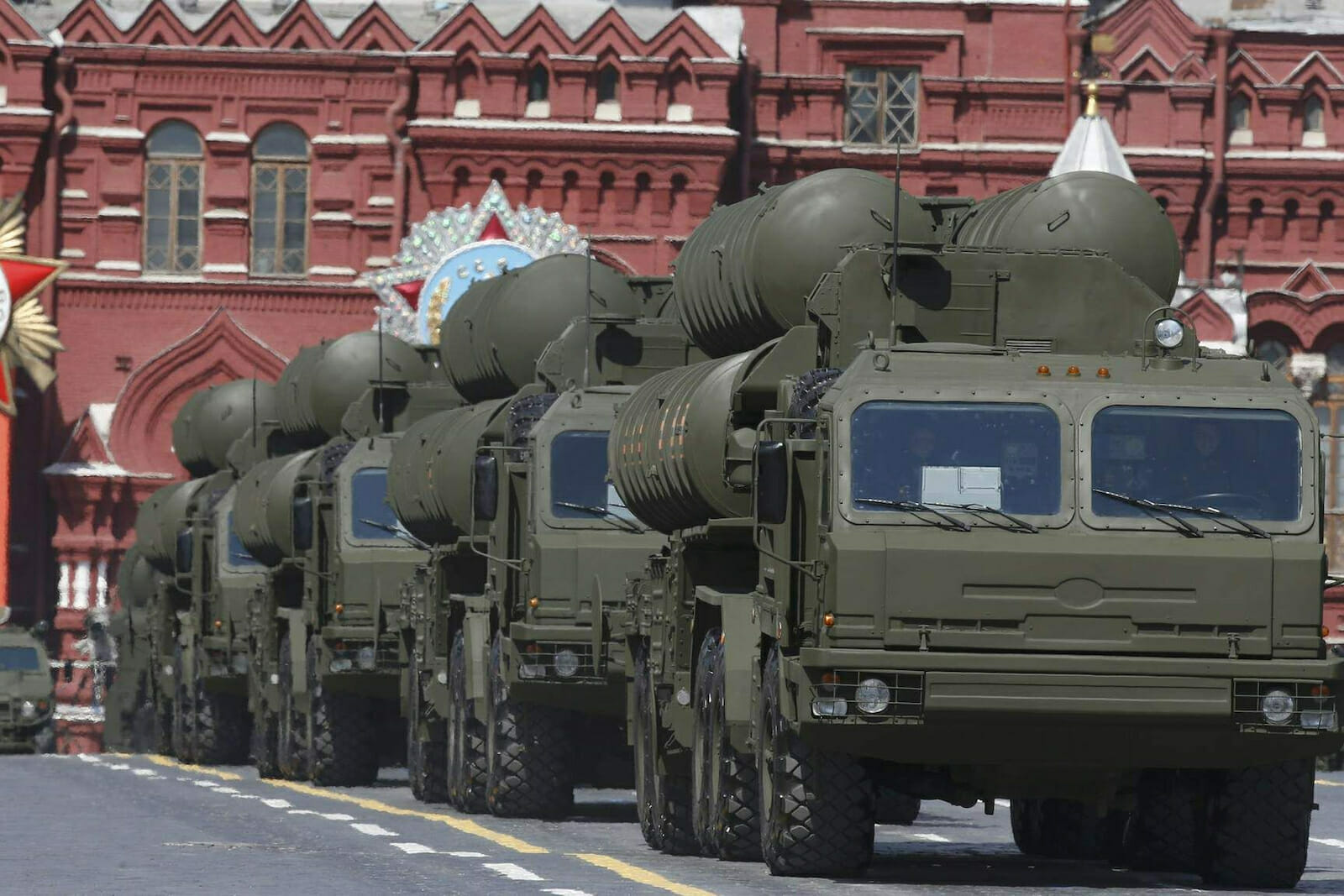
After the INF Treaty
When the Soviet Union fell apart, the arms race more or less ceased. The world sighed with relief as the Cold War ended. Nuclear weapons faded into the background, no longer such a profound and immediate concern. In recent years, however, nuclear weapons have made an unwelcome comeback—and the current administration is embracing their return.
After accusing one another of violating the INF Treaty, both the United States and Russia withdrew from the landmark agreement. In just one year, the New START treaty expires and the Trump administration has given no indication of interest to extend it. This treaty limits strategic arms, ranging from ICBMs to heavy bombers equipped for nuclear armaments, and it allows for rigorous on-site inspections. The administration should extend the treaty, to keep both Russia and the United States engaged in nuclear arms reduction talks, and avoid spending upwards of $250 billion on a new nuclear weapons program.
Past arms control treaties, ratified both during the Cold War and after, have been successful. The INF Treaty remained in force after 1991 and resulted in the Soviet Union and the United States destroying nearly 3,000 ballistic missiles. It was also the first treaty to reduce the number of nuclear weapons rather than enforcing a limit on the allowed number of specific missiles. In October 1994, in efforts to denuclearize the former Soviet states, Ukraine, Belarus, Russia, Kazakhstan, and the U.S. signed the Budapest Memorandum on Security Assurances. This agreement stripped Ukraine of its nuclear weapons and the large stockpile of its weapons was sent to Russia to be dismantled. The efforts of policymakers and politicians resulted in groundbreaking agreements that made way for future treaties, positive effects of which are still evident today.
The beginnings of an arms race are also very evident. The United States and Russia are announcing new nuclear weapons projects. In 2017, Russia revealed in a video presentation a new generation of nuclear weapons, including the Novator 9M729 missile and other intermediate and long-range missiles. The Pentagon has announced that it will begin funding the Precision Strike Missile, with a range of 310 miles.
Furthermore, both presidents claim that their nations’ response will mirror the actions of the other. President Vladimir Putin stated that if the U.S. builds more intermediate-range nuclear weapons, Russia will build them as well. Early last year, President Trump announced that plans were underway to revamp U.S. missile defenses in order to “ensure that we can detect and destroy any missile launched against the United States anywhere, any time, any place.” With the INF Treaty no longer active, there are fewer and fewer limitations and restraints on the production, testing, and deployment of nuclear weapons. Should the New START treaty be abandoned as well, the United States and Russia will be able to test new nuclear weapons with few consequences to their actions. The United States is running out of options to contain the arms spiral.
Disengaging from arms reduction agreements will lead not only to a costly arms race, but dangerous conflict escalation. Instead, we should revisit treaties and revise them, making them stricter and enforceable, making agreements more effective and more successful. New treaties must take into account new technologies, while still focusing on existing intercontinental ballistic missile and short-range ballistic missiles. Moreover, to promote transparency, arms treaties should also encourage the participation of other nuclear-armed nations besides the United States and Russia.
Though nuclear weapons have faded into the background following the collapse of the Soviet Union, they still pose a great threat to the entire world. Engaging in an arms race is costly and ultimately benefits no country. Arms control treaties are strategically useful and promote non-proliferation and keep nuclear nations engaged in nuclear reduction talks. They create a framework within which countries can work towards further reductions of weapons of mass destruction. The United States has a great opportunity to lead in a reinvigorated non-proliferation movement and establish new norms and standards.
In 2021, the United States should extend the New START treaty. We should keep it in place and enforce it. We should keep nuclear countries at the negotiation table, Russia in particular. We should work to improve treaties and encourage the creation and ratification of new treaties in the future. If we adopt such a strategy, we can avoid arms races, resolve crises, and promote a better and safer future for all humankind.

